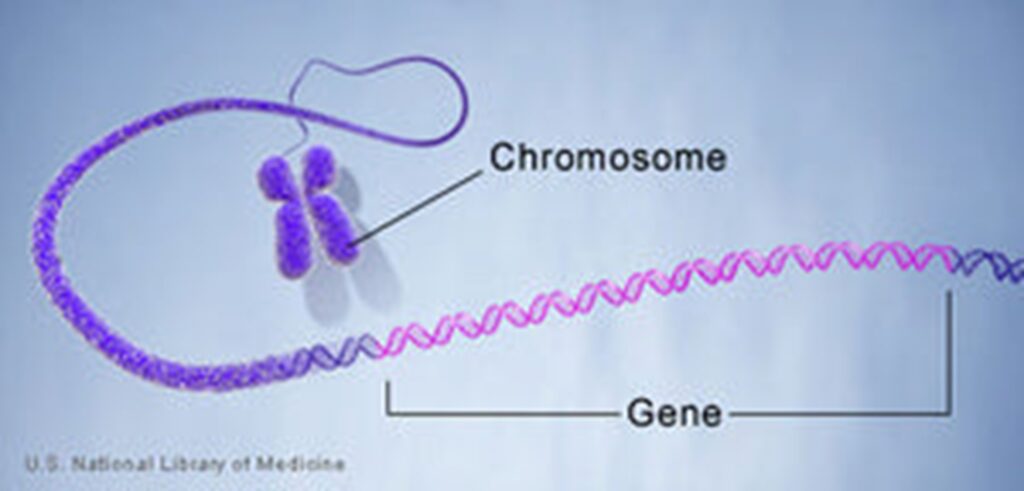
Tweaking the Methuselah Gene
by SH staff January 31, 2018
The quest for immorality has been taking place since mans longevity was cut short. Are scientists sending humanity a cryptic message of destruction with their announcement of a Methuselah-like receptor (protein) which appears to be a key to a long life span? Methuselah is humanity’s longest living person, at 969 years. Enigmatically, his name in Hebrew means “when he dies, judgment comes”.
Each day our lives are cut shorter and shorter as we battle novel environmental stressors. The National Institute of Health (NIH) and Japanese counterparts are revealing a relationship between lifespan and signaling proteins that defend the body against environmental stress in fruit flies. According to scientists fruit flies and mammals share some of the same molecular pathways, and their work may demonstrate how the environment affects longevity in humans.
The Methuselah-like receptor (Mthl10) moderates how an organism responds to inflammation. Each time we cope with bacterial infection, cold temperatures, heat waves, inflammation or other environmental is one less day we have to live, according to scientists.
Scientists are putting out one theory on why we age in the Proceedings of the National Academy of Sciences. Science suggests that the Methuselah-like receptor-10 (Mthl10), a protein, delicately balances pro-inflammatory proteins that promote aging and anti-inflammatory proteins believed to prolong life.
In fruit flies Mthl10 binds to a molecule known as a growth-blocking peptide (GBP) of which the human counterpart is a protein called defensin BD2, this switches on inflammation. When the Mthl10 gene is removed it obviously cannot bind to GBP and as a result the flies experienced a reduction of inflammation along with a 25% longer life. The problem is when subjected to environmental stressors the flies exhibited high death rates.
According to one researcher, “that the ability of a young organism to defend against repeated environmental stress may be an empty victory, because the animal may not live as long.” That does not bode well for young people.
Scientists now are seeking drugs that target excess inflammation induced by signaling proteins in humans to extend life, even though, according to their own research when an organism encounters environmental stressors it will die. Adding to the complexity of the issue, it has been demonstrated that in humans it is difficult reduce inflammation because of the influence of illness and environmental stressors.
In 2013, Eui Jae Sung, D.V.M., Ph.D. began testing 1700 compounds that could individually suppress the inflammatory production of every known cell-surface protein in the fruit fly. He looked for the protein that prevented GBP from binding and activating inflammation. He kept narrowing the candidates down until he was left with only Mthl10. Since then his research has been verified and confirmed.
“But, there are other steps they can take,” Shears said. “Another part of our fruit fly study shows that avoiding excess calorie intake, basically not over-indulging in too much carbohydrate and fat, may reduce levels of pro-inflammatory proteins.”
As inflammation increases and people clamor for a “cure” there can be serious implications when scientists begin tweaking the Methuselah gene, “ for when Methuselah dies, judgment (death) will come”. In Methuselah’s name is a prophetic foreboding of catastrophic death, as surely as it was at the time of the flood of Noah. For once Methuselah died, whether one week or within the year, the Flood wiped out all of humanity except for eight people.
Source:
Grant Numbers: ZIAES080046, R01GM067761




